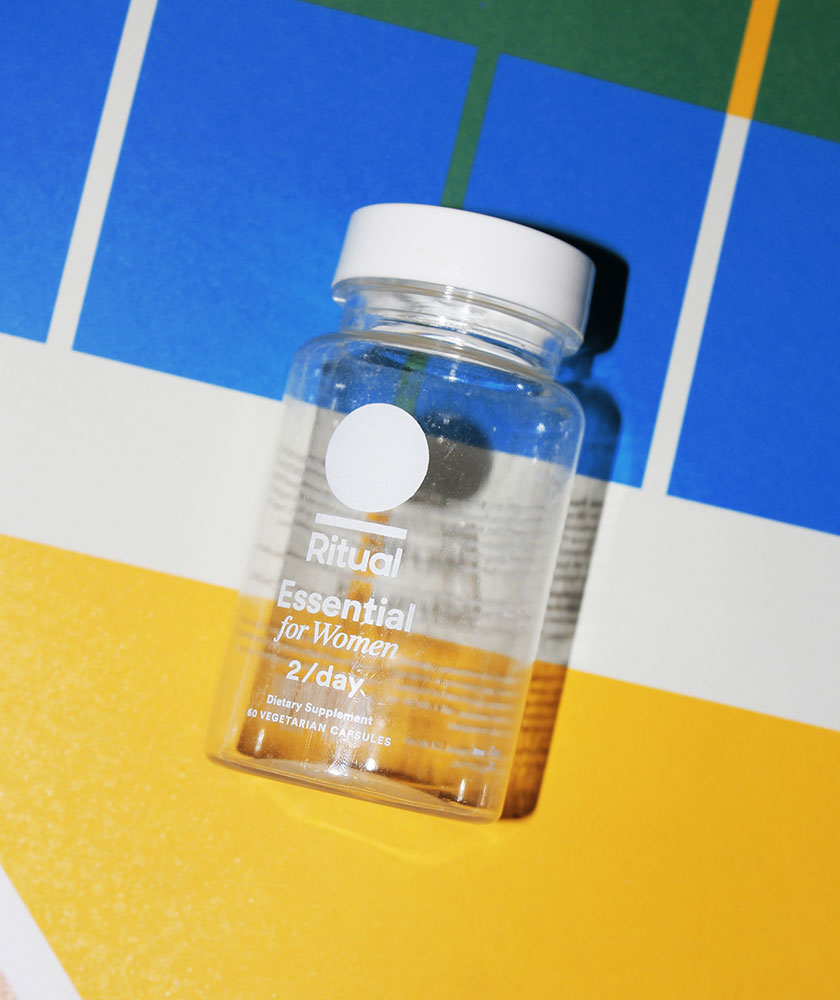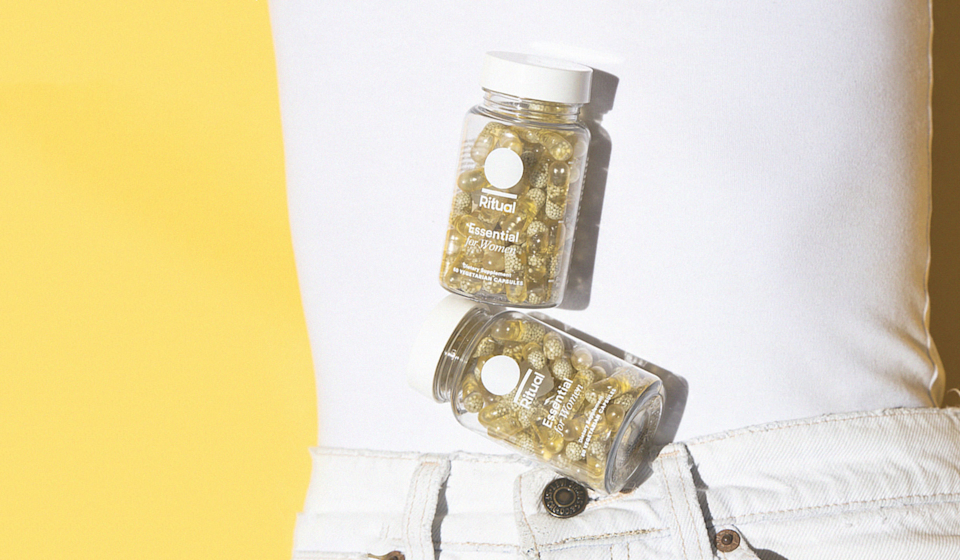Do vitamins expire? The short answer is yes. But not all dietary supplements are created equal, so allow us to elaborate.
We include an expiration date on the bottom of our bottles to help ensure the freshness and quality of multivitamins. But here’s a fun fact: With a few exceptions, the FDA doesn’t require that dietary supplements include expiration or “best by” dates on their packaging. Either way, it’s important to know that after a certain amount of time, nutrients in a multivitamin could potentially degrade below the amounts that the label claims—or worse, cultivate unwanted microorganism growth. How and why that happens really comes down to the way a multivitamin is formulated.*

Multivitamins can degrade over time.
Like food, medicine, and beauty products, multivitamins can have a limited shelf life. “Expiration dates are mostly about degradation—loss of the vitamin molecular form,” says Dr. Luke Bucci, PhD, CCN, CNS. In other words, when the nutrients in your multivitamin are no longer at their prime, they may start to break down—which means expired multivitamins may not be meeting their label claims. Barring other possible health concerns, “it’s unknown whether this is worrisome or not,” he says. “But it’s always a good idea to keep multivitamins fresh.”*








